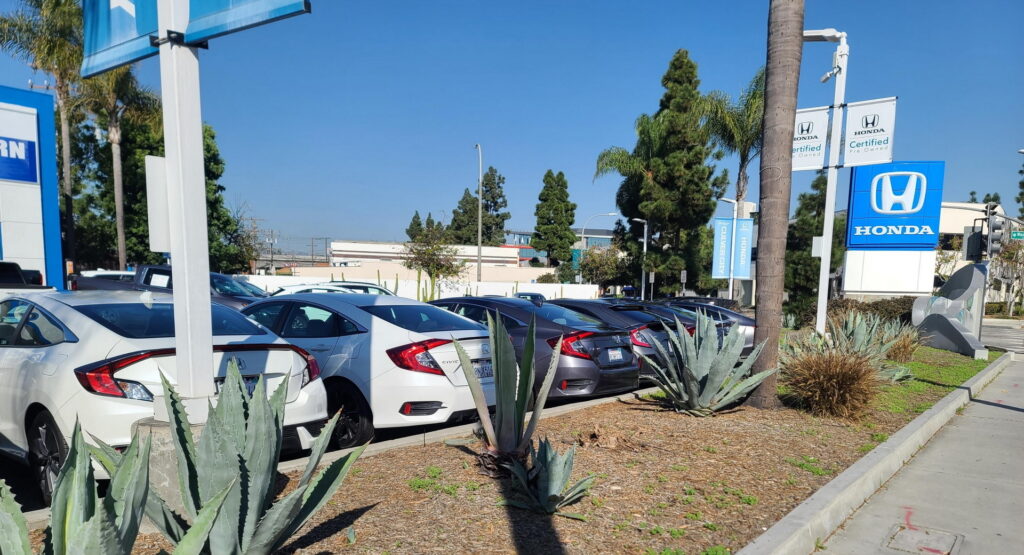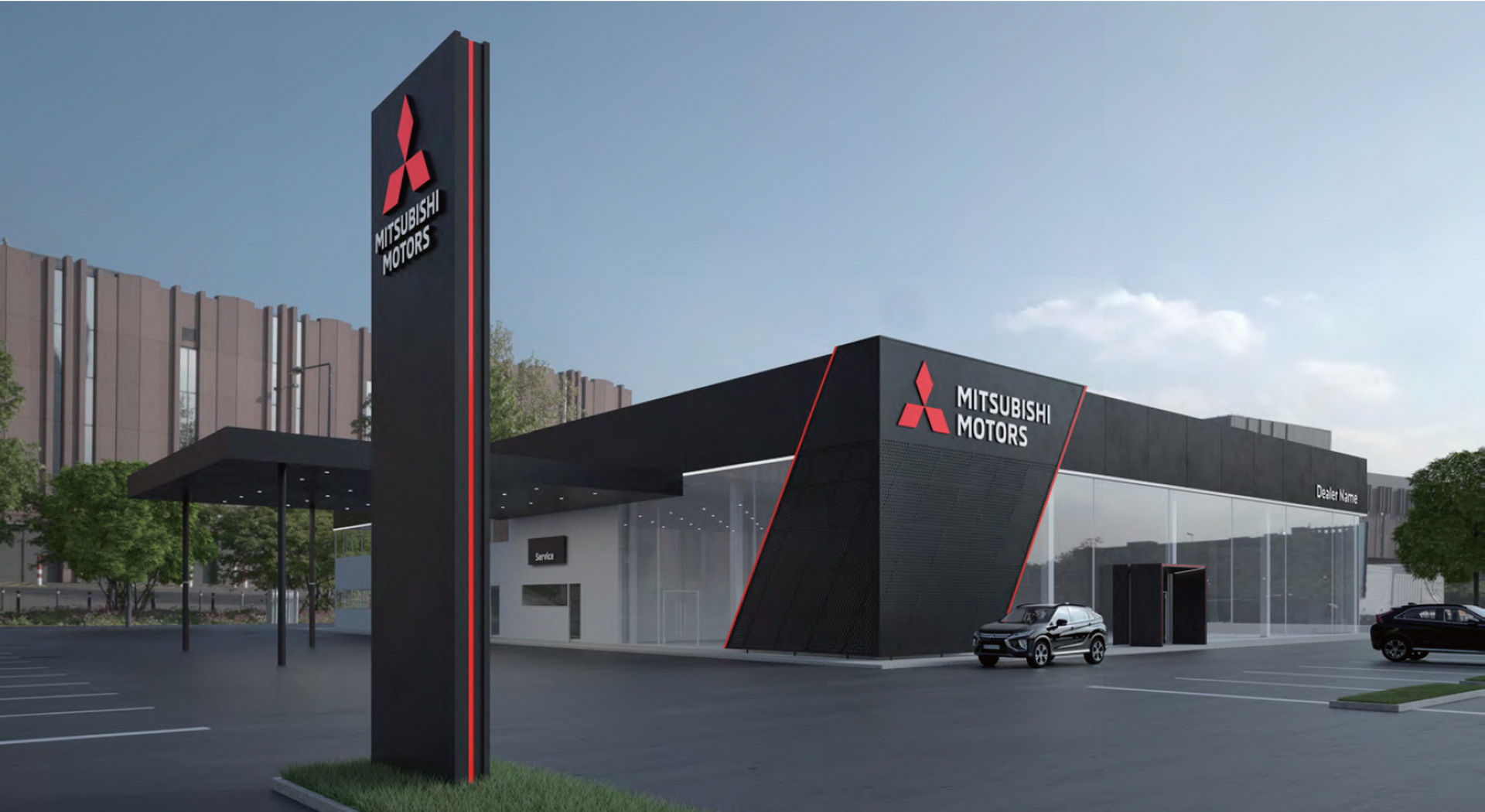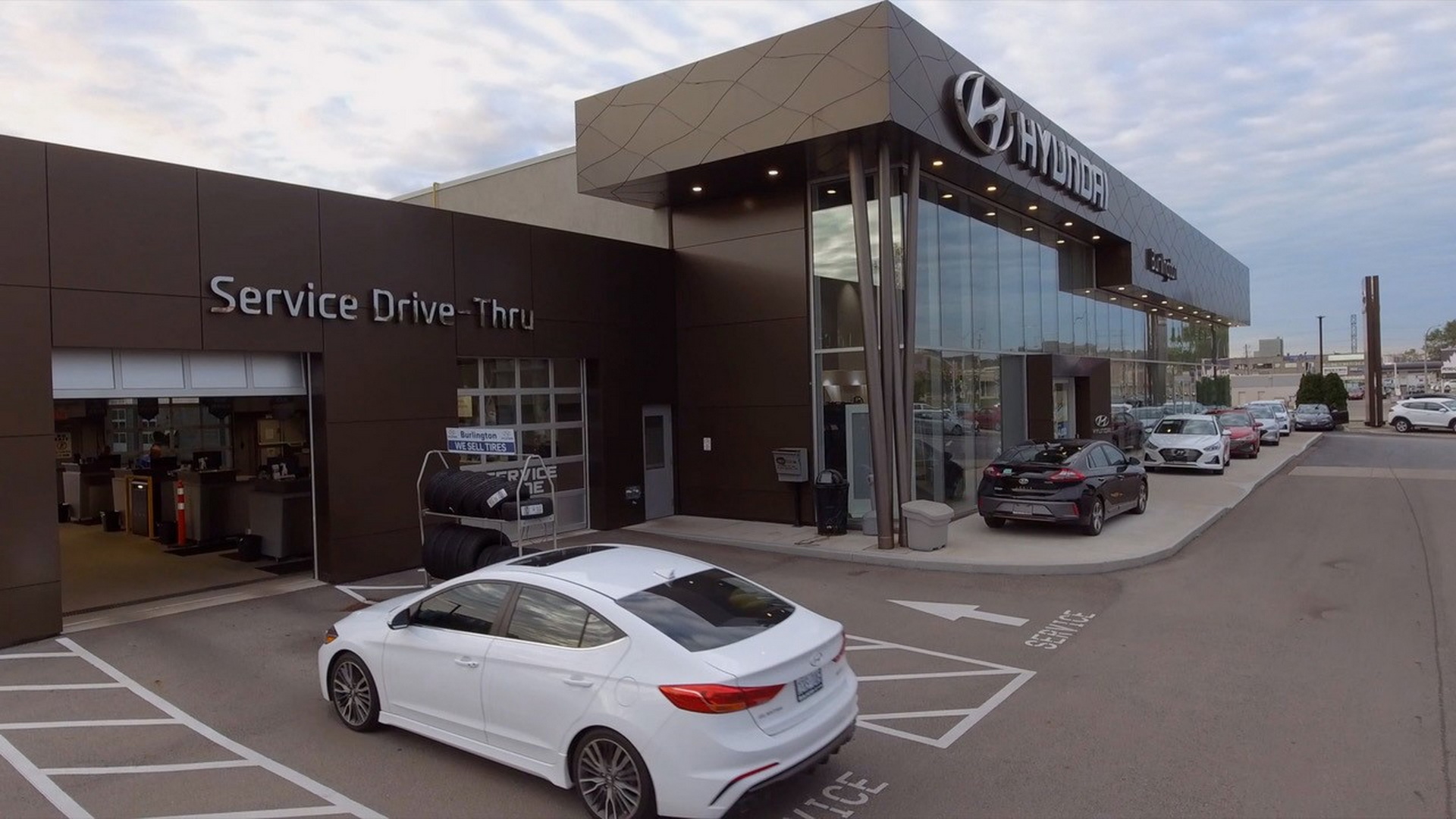The amount that consumers must pay in order to afford a new vehicle has once again risen. Estimated monthly car payments have increased by 1.7 percent in May to $712.
That’s a record high for monthly payments, according to Cox Automotive, which published its new vehicle affordability index recently. The revelation is bad for consumers because almost all factors are working against them here.
Although median income grew by 0.3 percent, incentives declined, the average interest rate increased, and the price paid moved one percent higher. All of which means that it’s harder than ever for consumers to afford new cars, and that’s before they even consider the price of the gas used to power them.
Read Also: New Car Sales Forecast To Plunge Over 20% Compared To Last May
Indeed, Cox Automotive found that the number of median weeks of income needed to buy a new vehicle increased for the fourth month in a row. In May, consumers needed 41.3 weeks of income to pay off a car, up from 40.8 weeks in April. More concerning still, that was up 19 percent from May 2021.
NBC, meanwhile, reports that the issue is only expected to get worse. With the Federal Reserve boosting interest rates by 0.75 percentage points, borrowing costs are expected to be even higher for numerous consumer loans, including those for cars.
Despite the challenges still facing supply lines due to Russia’s invasion of Ukraine, China’s COVID lockdowns, and trucker strikes in South Korea, Brian Moody of Kelley Blue Book is at least optimistic about car prices.
“Although prices are up for May, it’s only one percent, and so that indicates… we may be headed toward a place where the prices will start to decrease,” Moody told ABC News.
While month-to-month prices have only increased one percent, new car prices are 12.6 percent higher than they were a year ago. Used car prices are even higher at 16.1 percent as compared to the previous year, according to the U.S. Bureau of Labor Statistics. That has pushed the average transaction price for new cars to $44,832 in May and to $31,450 for used vehicles.
With supply lines still vexing manufacturers, loan rates rising, and income failing to keep up, the pressure is mounting on consumers. According to Moody, though, there are still some deals to be had with less sought-after brands like Mazda, Hyundai, and Buick.






